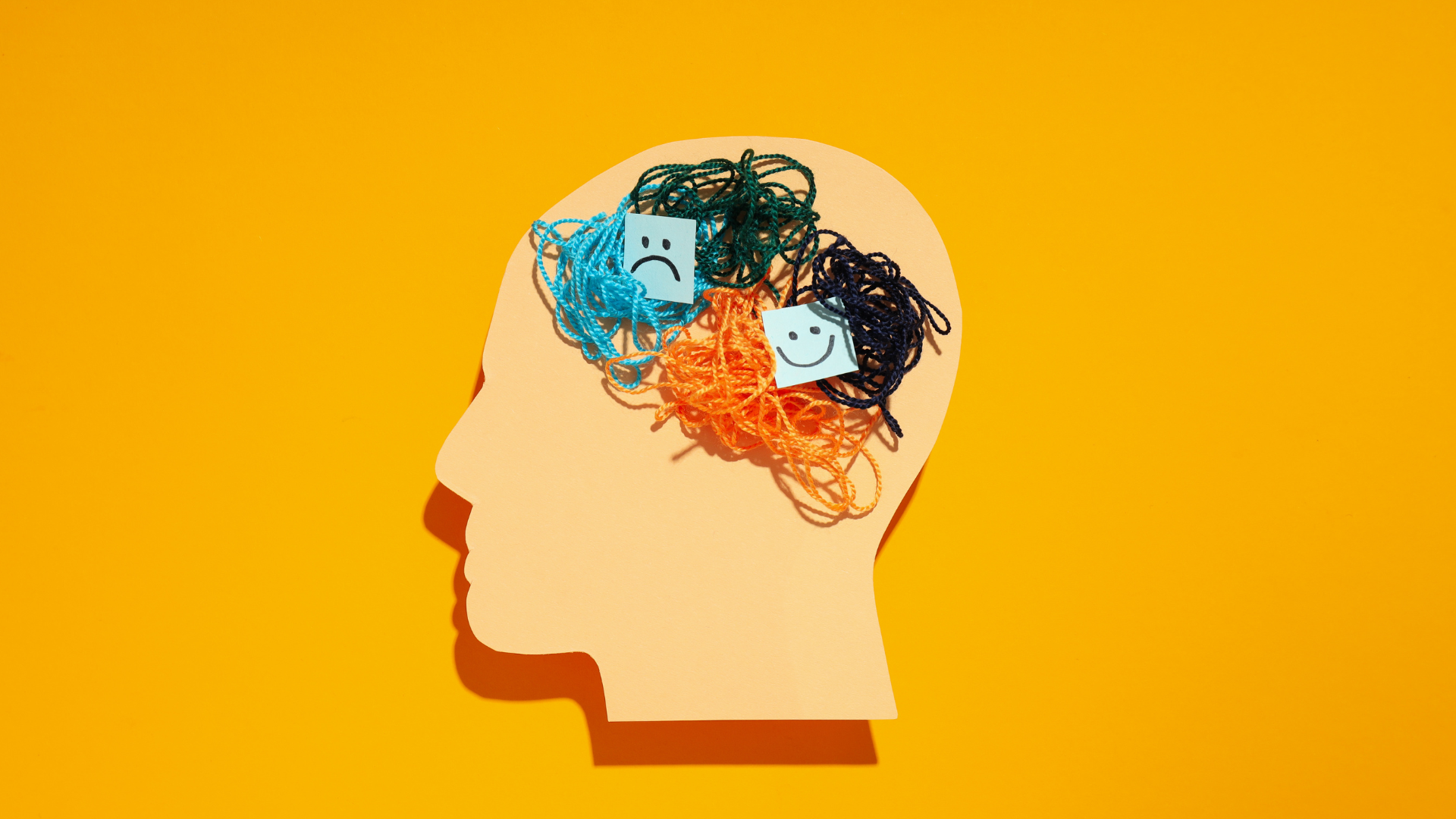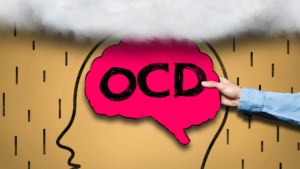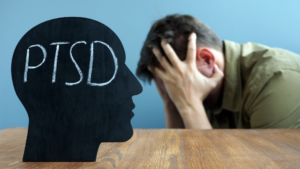
Mental health is an important topic to cover, and bipolar disorder is one of the most common mental illnesses in the world. In this blog post, we’re going to give you a brief overview of bipolar disorder and some of the key signs that you should look for. We’ll also provide advice on how to get treatment if you or someone you know is struggling with this condition.
What is Bipolar Disorder?
Bipolar disorder is a mental illness that causes unusual shifts in mood, energy, and activity. People with bipolar disorder may have periods of high energy and activity (mania) followed by periods of low energy and activity (depression). Symptoms can vary from one person to the next, so it’s important to get help if you think you might have bipolar disorder.
There is no single cause for bipolar disorder, but it is believed to be caused by a combination of genetic and environmental factors. Some people are more likely to develop bipolar disorder if they have a family history of the disease.
Signs and symptoms of bipolar disorder can vary depending on which phase the person is in. During mania, people may be very talkative or hyperactive, have increased sexual desires, spend a lot of money or time on frivolous activities, or avoid social contact. During depression, people may feel hopelessness, lack interest in usual activities, and become lethargic.
If you’re concerned that you might have bipolar disorder, talk to your doctor. He or she can test for the condition using blood tests or mood scales. If you’re diagnosed with bipolar disorder, treatment will usually involve medication and therapy.
Signs of Bipolar Disorder
There are some general signs that someone might have bipolar disorder, but it’s important to remember that not everyone with these symptoms will actually have the condition. Some common signs of bipolar disorder include:
- Extreme changes in mood, often from happy to sad, angry, or anxious quickly
- A change in energy levels – being very up or down, constantly moving from one activity to another, or feeling totally exhausted
- Trouble concentrating, remembering things, or making decisions; racing thoughts; feelings of being controlled by events or thoughts
- Extreme changes in sleep patterns – being unable to sleep for more than a few hours at a time, staying up all night long, or having trouble falling asleep
- Recurring thoughts or images of death, suicide, or violence
- Acting impulsively, especially when spending money or making decisions that could be harmful to oneself or others
If you are experiencing any of these signs and symptoms, it is important to consult a doctor. Your doctor can help determine if you have bipolar disorder and recommend the best treatment options.
What to Do if Diagnosed with Bipolar Disorder
There is no one-size-fits-all approach to treating bipolar disorder, as the condition can be significantly different for each individual. However, some general tips for treating bipolar disorder include:
- Seek professional help as soon as possible. Initiating treatment promptly after an individual acknowledges their bipolar disorder is crucial to preventing its exacerbation. Professionals may opt for prescribing medications or providing therapy san francisco or analogous services in different locations.
- Stay on medication and follow the prescribed dosage schedule. Medications are often the most effective way to treat bipolar disorder and need to be taken regularly in order to be effective.
- Avoid alcohol and other drugs that may trigger episodes of mania or depression. These substances can also make it more difficult to manage bipolar disorder effectively.
- Get plenty of exercises and socialize regularly. Exercise has been shown to be beneficial for overall mental health, and spending time with friends and family can help reduce stress levels in those with bipolar disorder.
- Seek professional help if symptoms worsen or if they don’t improve with treatment. If symptoms continue to worsen or do not improve after several months of treatment, it may be time to see a mental health professional.
Treatment Options for Bipolar Disorder
If you are living with bipolar disorder, there is hope. There are many treatment options available to you and it is important to talk to your doctor about what might be best for you. Here are some of the most common treatments:
- Psychotherapy: This type of treatment involves working with a mental health professional to identify and correct problems that may be contributing to your bipolar disorder.
- Medication: If psychotherapy isn’t an option or doesn’t work for you, some people may need medication to help control their symptoms. There are a variety of medications available that can help treat bipolar disorder, and your doctor will recommend the one that is most appropriate for you.
- Electroconvulsive Therapy (ECT): ECT is a very powerful form of treatment that can be used in cases where other treatments haven’t been effective. It involves giving a person an electric shock to the brain, which can sometimes actually restore normal functioning in people with severe bipolar disorder.



